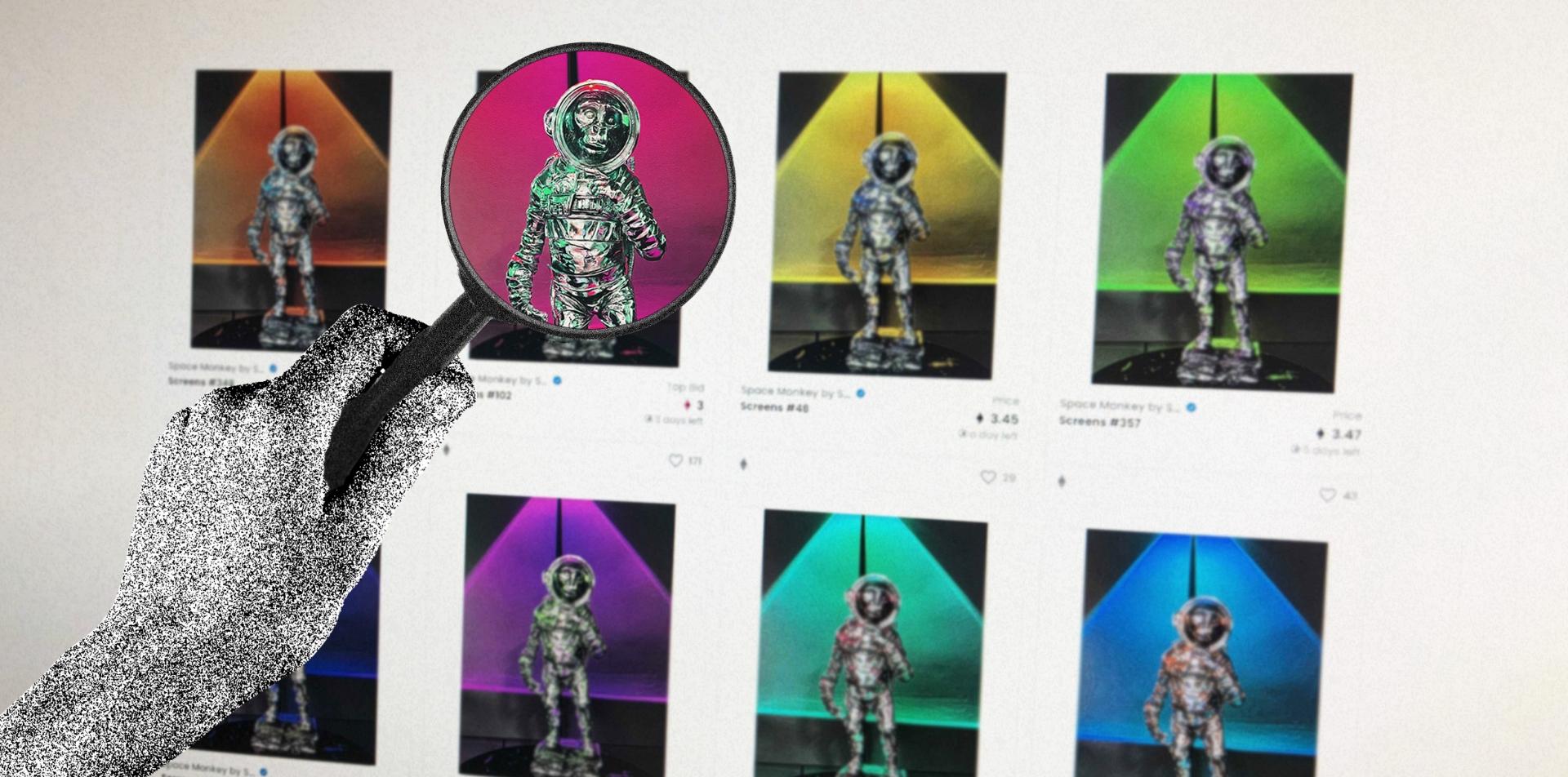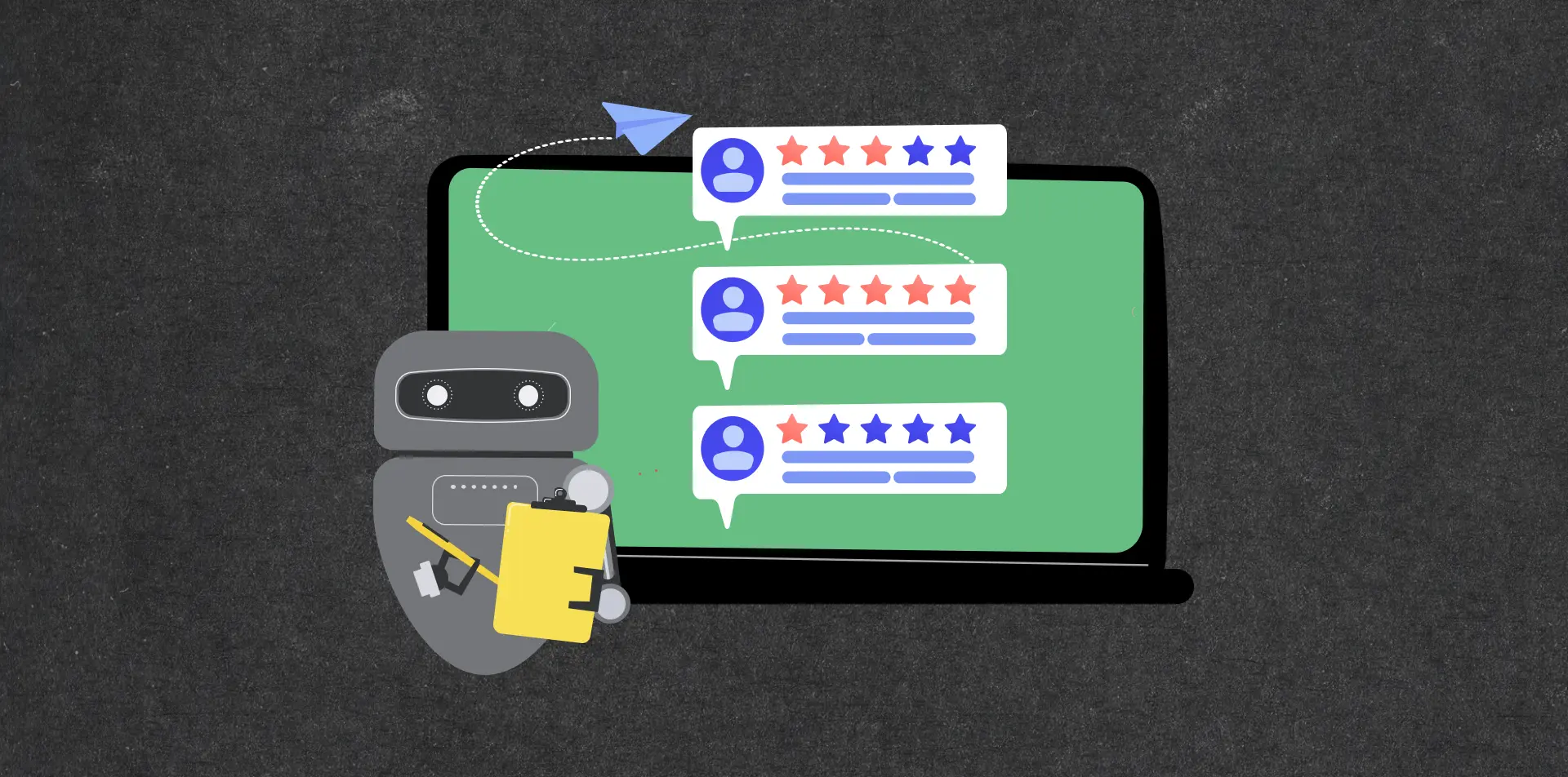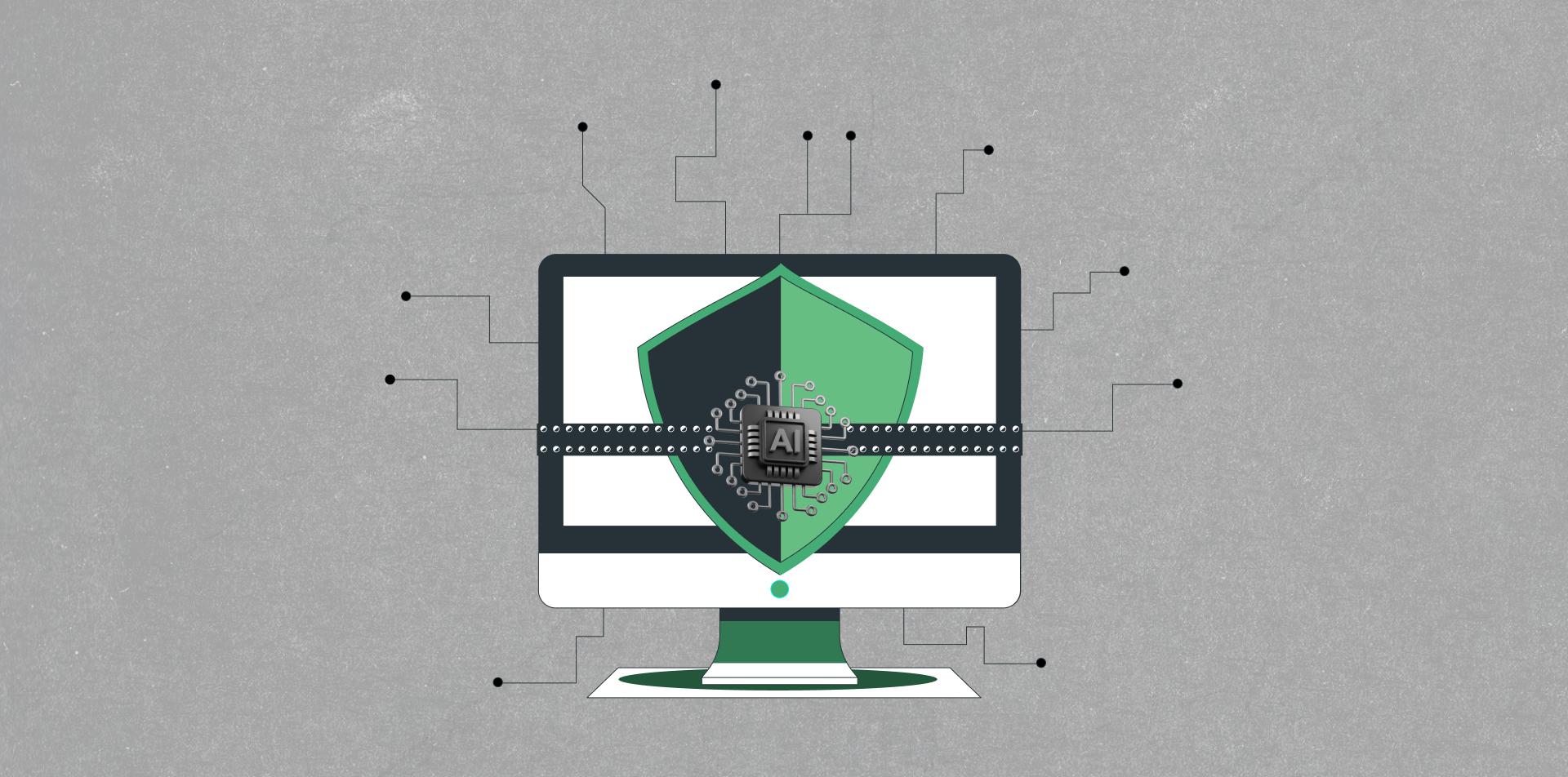
If you want in on the NFT craze, a dedicated marketplace is your entry point into the world of trading art, music, and entire virtual worlds. So, you might be thinking of selling NFTs, buying NFTs, or even creating your branded NFT marketplace. While our ecommerce teams can certainly make all this happen, have you also considered if you really need your own custom NFT marketplace? There are so many out there, building a new NFT marketplace certainly needs more work than building an ecommerce app.
In fact, this question is similar to asking whether to sell your products on Amazon, Etsy, and eBay or to sell them on your custom-built ecommerce store. There are important differences to each approach and deciding on one can be really difficult, especially when considering cost, freedom, and marketing. To make sure that your business goals are aligned with your marketplace strategy, ask yourself the following questions first.

What are you selling?
The type of NFT you are selling matters a lot. Is it art, music, something collectable, something from the metaverse, a picture of your cat? Each of these categories might have a thriving NFT marketplace, where you can present your NFTs to interested buyers with little to no marketing efforts. If the type of your products does not fit in well with any existing marketplace, then there you have it, you have found your market opening. On the other hand, if you have a lot of competition in existing marketplaces and you are afraid of getting lost in the endless stream of NFT lookalikes, then establishing your own marketplace will most likely set you apart from the competition. But be aware, it takes a lot of marketing effort to establish an NFT marketplace. For any product marketplace to rise to popularity, it should be built to fulfill some customer needs, which have not yet been captured. In our case, this hopefully means you have noticed a new type of product that can be sold as NFTs.

Who is buying?
Would your potential buyer visit museums and purchase from auctions, are they part of the Bored Ape Yacht Club or are they avid Twitter users who follow pop culture trends? This might make your decision even easier. Take notice of whether your targeted audience would naturally fit in an existing market, and if they do then you have found the perfect place to advertise and sell your creations. If your buyers are into the finer things and would likely not be interested in the mainstream then maybe a custom marketplace would be a wise choice.

Offering identity or utility?
Some brands decide that the product speaks for itself and do not spend money on marketing at all. Other brands believe that a product is not only what it does, but also what it represents. Both ideas can drive your decision on whether or not to build a marketplace. If you are after identity, then you might appreciate the flexibility and freedom of design that a custom NFT marketplace offers. If you are after utility, then existing marketplaces might be good enough to expose what you have to offer to the world effectively.
After having clear answers to these questions you should be able to understand more clearly where your NFT belongs and whether it is worth investing in a custom NFT marketplace. Some might be difficult to answer, but when in doubt, stick to essentials: What matters most to you is what makes something matter.
Still not sure? Hit us up.
Share with your network
Latest updates
The space to share experiences, engage and learn from the Sogody team. Join the conversation by contacting us.


